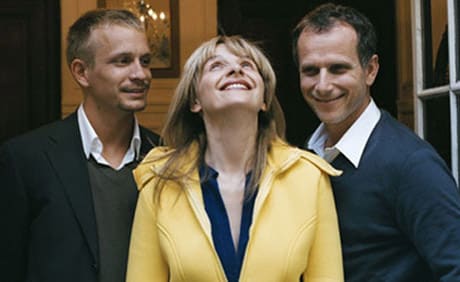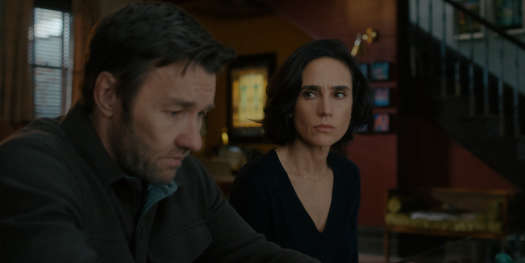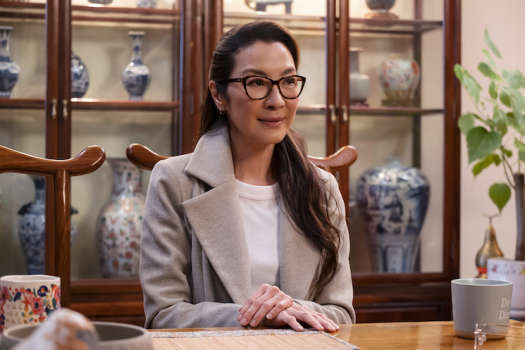It seems that former French film critic and noted theorist Olivier Assayas has departed from his pattern of making highbrow fare with a trashy exterior (Boarding Gate, Demonlover) to deliver similar subtext in a decidedly more art-house accessible package with Summer Hours. Amusingly, the film received renowned critical praise. And while this tale of three siblings dealing with financial arrangements after their mother's death is indeed a minor masterpiece, it's really no more intelligent and sharply executed than the director's previous films, which were widely panned. Minus the gunfire and copious nudity of those earlier movies, Summer Hours starts with three adult siblings visiting their mother on her birthday at her French countryside home. New York designer Adrienne (Juliette Binoche) talks of designing functional tableware in China, while younger brother Jeremie (Jeremie Renier) discusses his business dealings in Shanghai. Older brother Frederic (Charles Berling) responds politely by pointing out the follies of globalization, given his background as an economist who believes economics is little more than a new arbitrary religion. Collectively, they give their mother a fancy phone that she doesn't need, promising to help her install it prior to their departure. Of course, they forget to fulfil this one promise and never see their mother again, since she passes on shortly thereafter. The rest of the film details the dissolution of her country home and all of the memories and art within it, as the three siblings sell everything off to museums and collectors, uninterested in maintaining their heritage or legacy, save Frederic, who takes this all rather hard. It's a touching meditation on art and the modern exploitation of culture for the sake of seeming global progress. Everything unfolds as a talking piece between family members whose world experiences have divided them, leaving only the material objects around them as conversation pieces. Fans of slow, thinking French cinema should readily enjoy this. No supplements are included with the DVD aside from a trailer.
(E1)L'Heure D'ete (Summer Hours)
Oliver Assayas

BY Robert BellPublished Oct 15, 2009



